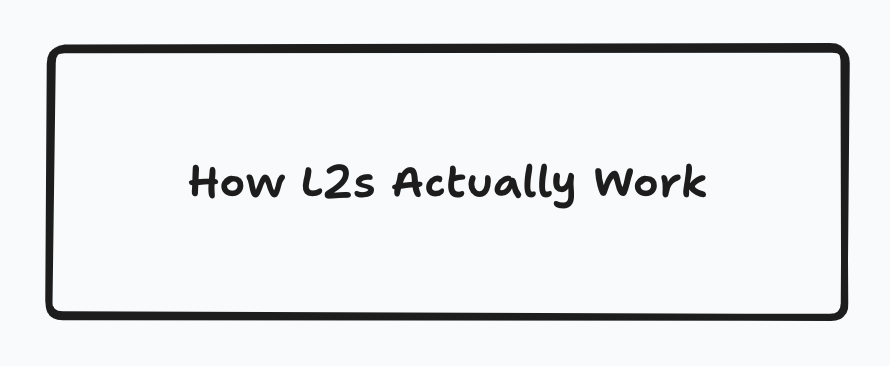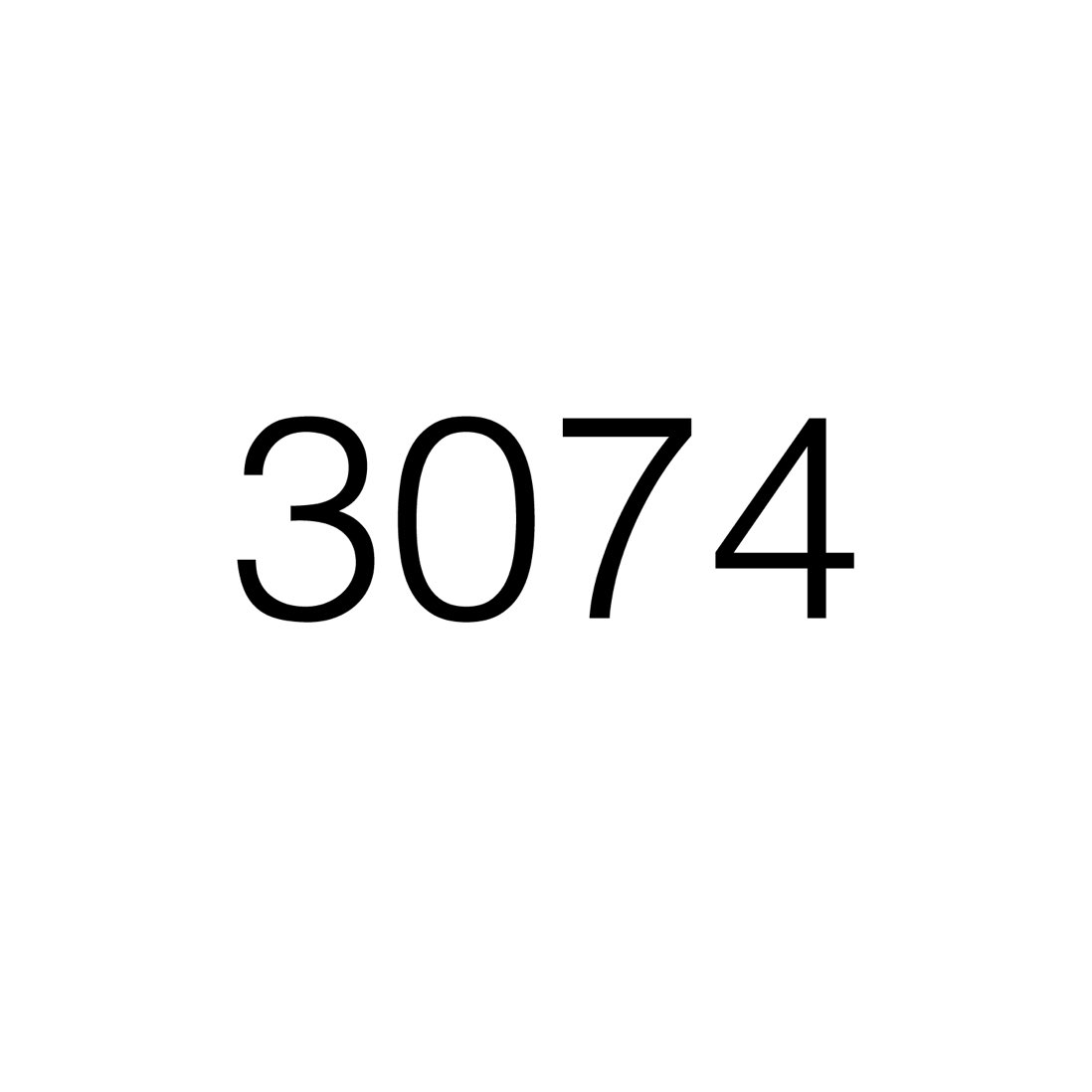Memecoins are inevitable.
Crypto is widely adopted by people that:
- are terminally online and love internet culture
- always look for ways to make money
- want to be part of tight-knit communities
- need something to believe in
Creating, trading, and talking about tokenized memes is a natural progression for this new generation of internet consumers.
There is a lot of work to be done on making memecoins more transparent and fair, but people are having fun and some are making (lots) of money on them.
The allure of striking it rich by investing in the next viral meme will continue to draw people to memecoins. It's the same reason why AMC and GME were such huge phenomena.
As long as people spend large amounts of time on the internet, memecoins will continue to exist and thrive.
Crypto is widely adopted by people that:
- are terminally online and love internet culture
- always look for ways to make money
- want to be part of tight-knit communities
- need something to believe in
Creating, trading, and talking about tokenized memes is a natural progression for this new generation of internet consumers.
There is a lot of work to be done on making memecoins more transparent and fair, but people are having fun and some are making (lots) of money on them.
The allure of striking it rich by investing in the next viral meme will continue to draw people to memecoins. It's the same reason why AMC and GME were such huge phenomena.
As long as people spend large amounts of time on the internet, memecoins will continue to exist and thrive.
I treat memecoins the same way that I treat gambling - partake here and there, otherwise I stick to what I know.
I don't love to gamble, but I understand that it's part of human nature to want to take a chance to make it big.
I don't love to gamble, but I understand that it's part of human nature to want to take a chance to make it big.
• • •
Missing some Tweet in this thread? You can try to
force a refresh

















